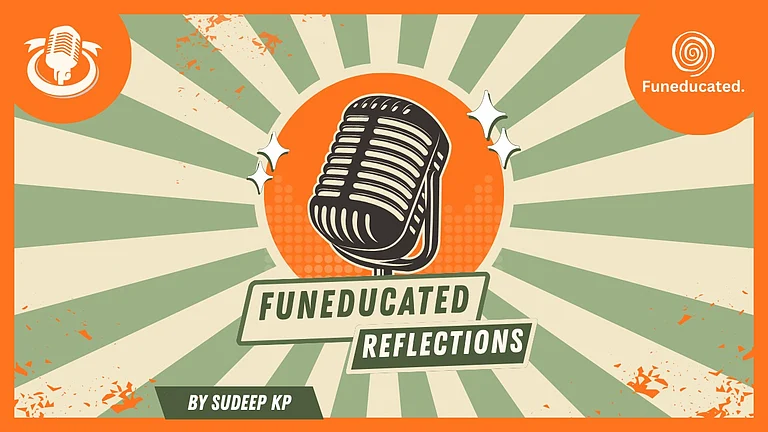Galileo's Daughter: A Drama of Science, Faith and Love is a representative tome of our times. It brims with poignant details about the life, times and work of the revolutionary 17th century Italian astronomer, Galileo Galilei. But too often, the book's ideological context is obscured by the 'beauty' of the reconstruction.
Though Sobel borrows astutely from the new approach of history-writing by amplifying a supposedly marginal presence in his life of ideas-his daughter Suor Maria Celeste's letters-the book fails to offer startlingly unique insights into Galileo's mind. Despite its jargon-shorn, lucid and powerful prose, Sobel repeats the same naive myt-hification of Galileo that has become the norm ever since the 'Age of Reason' became an accepted reality in the Continent.
By digging into letters written by his daughter-a nun in the Order of Saint Clare in a convent at San Matteo-she arrives at a portrait of a loving and caring father and a man with his own share of human frailties. It's an exercise that fleshes out the human behind the astronomer and the revolutionary man of science.
And that is precisely why Sobel's exercise, despite its archival rigour, cannot be pardoned for its conclusions. The writer, despite the mass of information about Roman Catholic church politics of the day at her disposal, is unable to look beyond the Galileo myth of a mascot of reason who stood firm and steadfast against the rigid and orthodox faith of the Roman Catholic order and the papacy.
This is a surprising failure, since Sobel admits that Galileo cannot be reduced merely to the status of a victimised representative of science-cleric inquisitors accused him of heresy for espousing the heliocentric (sun at the centre) view of the Universe over the church-sponsored geocentric view propounded by Ptolemy. The latter also fitted the Aristotle-inspired theological bill of Roman Catholicism.
The book deftly juxtaposes contemporary historical occurrences-the life of suffering embraced by the nuns, the Thirty Years War, the plague and black deaths, the struggle of power in the Roman Catholic church-against Galileo's rise and his work as an astronomer.
But despite all this, Sobel fails to conclusively situate the astronomer's work within the space of Roman Catholic politics. There is much evidence that even while upholding the heliocentric theory, Galileo was careful to work within a broad Aristotelian paradigm. When that fell away, he sought refuge in those portions of The Bible that appeared to contradict the theological view of the Universe.
In fact, Galileo's observation of the Universe with his newly-invented telescope was received rather well by a large section of the Christian clergy as it conformed to the Aristotelian view that anything that could be perceived by human senses was authentic. And Pope Urban VIII, who later led the inquisition on Galileo, had once been the astronomer's friend and patron.
Galileo's Daughter makes it very clear that it was not so much the clash of ideas, reason and faith that led to the astronomer's travails. It was the contemporary struggle for power between the Medici Duke of Florence (in whose court Galileo was chief mathematician and philosopher) and Pope Urban VIII. But Sobel misses the political import of this event. She doesn't adequately flesh out the faithful Catholic in Galileo, struggling to be loyal to his intellectual calling by working on the margins of the dominant theological paradigm and thus trying to effect its complete and revolutionary shift.
The obvious pitfalls, one might say, of being guided by the typical American penchant for steering clear of theory. That, in the end, would keep Galileo's Daughter away from the bookshelf of a historian of science.


























